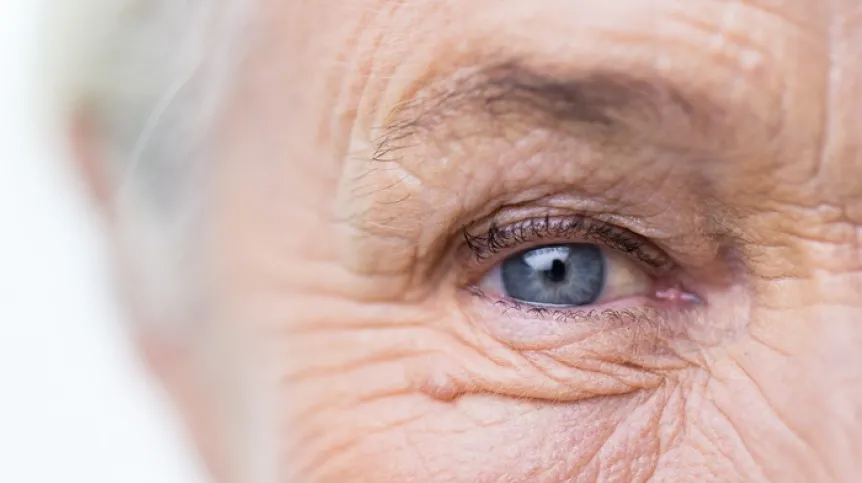
Ageing may be slowed down and potentially even partially reversed, according to a new scientific review.
Led by Dr. Piotr Chmielewski of Wrocław Medical University and involving scientists from the USA, and the UK, the report presents a comprehensive overview of current scientific knowledge on the ageing process and its associated diseases.
The authors argue that ageing is not merely a function of time, but a biological process involving progressive loss of integrity at the cellular and molecular level.
“At the molecular level, we see DNA damage, disturbances in the regulation of gene expression, oxidative stress, and reduced efficiency of repair systems,” Chmielewski says.
A key focus of the report is the role of senescent cells - cells that no longer divide but are not eliminated by the body. Though they cease normal function, they remain metabolically active and release pro-inflammatory compounds known as SASP (senescence-associated secretory phenotype), which contribute to systemic inflammation.
“Eliminating senescent cells is currently one of the most important therapeutic goals,” Chmielewski says.
While these cells contribute to chronic inflammation and organ dysfunction, the researchers found that they can also have beneficial effects in the short term, such as promoting wound healing and cancer suppression.
“Therefore, their removal is not a universal solution,” Chmielewski adds.
The team also evaluated anti-ageing treatments, including senolytics and metformin. Though widely used to treat type 2 diabetes, the broader impact of metformin on ageing remains inconclusive.
“Metformin, while safe for the treatment of type 2 diabetes, affects many health pathways, and its impact on the ageing process in healthy individuals remains unclear,” says Chmielewski, adding that clinical trials are ongoing.
Potential interventions based on miRNA profiles, epigenetic markers, or metabolic indicators are still considered experimental. “Although this is a promising concept, it is in the early stages of development and far from practical clinical application,” the report says.
Until more advanced therapies are developed, the researchers underline that the most effective anti-ageing strategies remain rooted in lifestyle changes. These include physical activity, a balanced diet such as the Mediterranean diet, avoiding stimulants, and nurturing social connections.
Experts recommend seven to eight hours of quality sleep, noting that sleep deprivation accelerates cellular damage and brain ageing. Muscle preservation through strength training is also highlighted as key to maintaining metabolic health and physical fitness in older adults.
The report warns that smoking and alcohol use significantly increase health risks by shortening telomeres, damaging DNA, and raising the likelihood of cancer and cardiovascular disease.
Doctors also stress the importance of metabolic monitoring - keeping glucose, lipid levels, and blood pressure within healthy ranges - as a cornerstone of healthy ageing.
The report authors also say that one of the strongest risk factors for mortality in older adults is loneliness, underlining the importance of maintaining strong social ties throughout life. (PAP)
kak/ agz/













